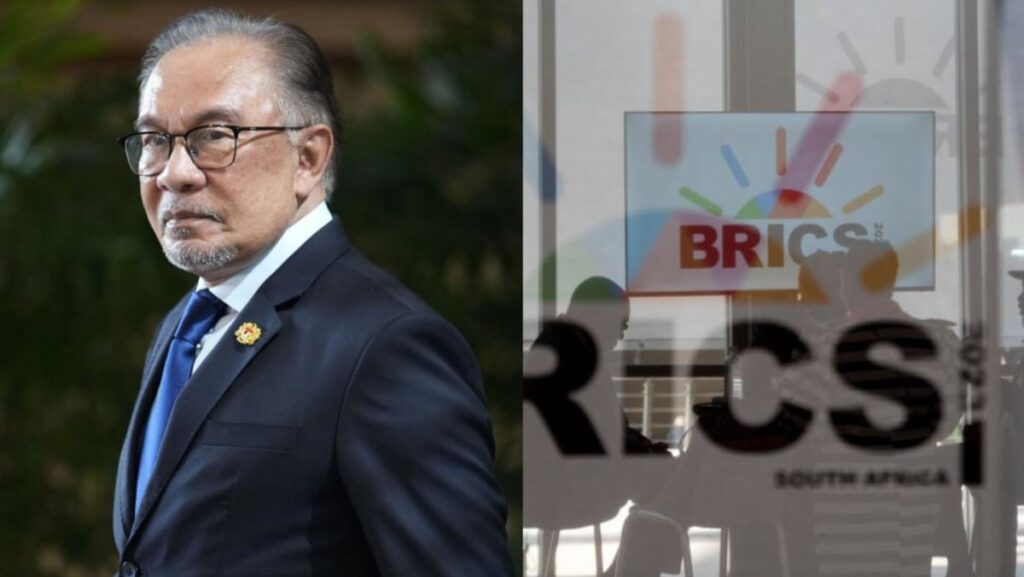SEEKING AN ALTERNATE WORLD ORDER
The best way of looking at Malaysia’s application to join BRICS is to see it as an additional platform for Malaysia to gain a larger international voice as a middle power, and to benefit economically.
There have been deep-seated issues relating to OIC and ASEAN in recent years. The OIC has 57 members and is the second-largest organisation after the United Nations. It bills itself as the collective voice of the Muslim world but is undergoing tremendous changes due to geostrategic changes in the Middle East, such as reforms under Saudi Arabian Crown Prince Mohammed bin Salman and the Abraham Accords signed between Israel and several Arab states in 2020 to normalise relations.
The recent inability of OIC to come to a united voice on the Gaza conflict shows how much the OIC has changed. Saudi Arabia hosted a special summit on Gaza between OIC countries and the Arab League in November last year, which could not come to a consensus on what they can do to stop the war. Other than a watered-down declaration that the conflict must end and allow humanitarian aid to enter Gaza, it could be seen as a failure.
There are deep differences within ASEAN members on what the rise of China means for the region. The ongoing conflict over claims in the South China Sea clearly shows the divisions in ASEAN. Thus it is not surprising that Malaysia is looking for additional international platforms to project its national interests.
Additionally, joining BRICS is a relatively straightforward affair. The grouping is a loose coalition and a platform to talk about close trade and political consensus on international issues. Members do not have to change any domestic laws to align with the organisation, unlike for example, joining the European Union, so countries who join BRICS do not have to do much domestically.
A major portion of BRICS is also devoted to South-South trade (between countries of the Global South) with China being the anchor. Malaysia is already a member of the China-led Regional Comprehensive Economic Partnership (RCEP), which does require changing domestic laws, so joining BRICS can be seen as natural progression.
It is telling that Malaysian Prime Minister Anwar Ibrahim said this of Chinese President Xi Jinping during a recent interview about joining BRICS: “(China’s rise has) brought us a glimmer of hope that there are checks and balances in the world”.
https://www.channelnewsasia.com/commentary/malaysia-join-brics-gaza-china-economy-trade-4434311


